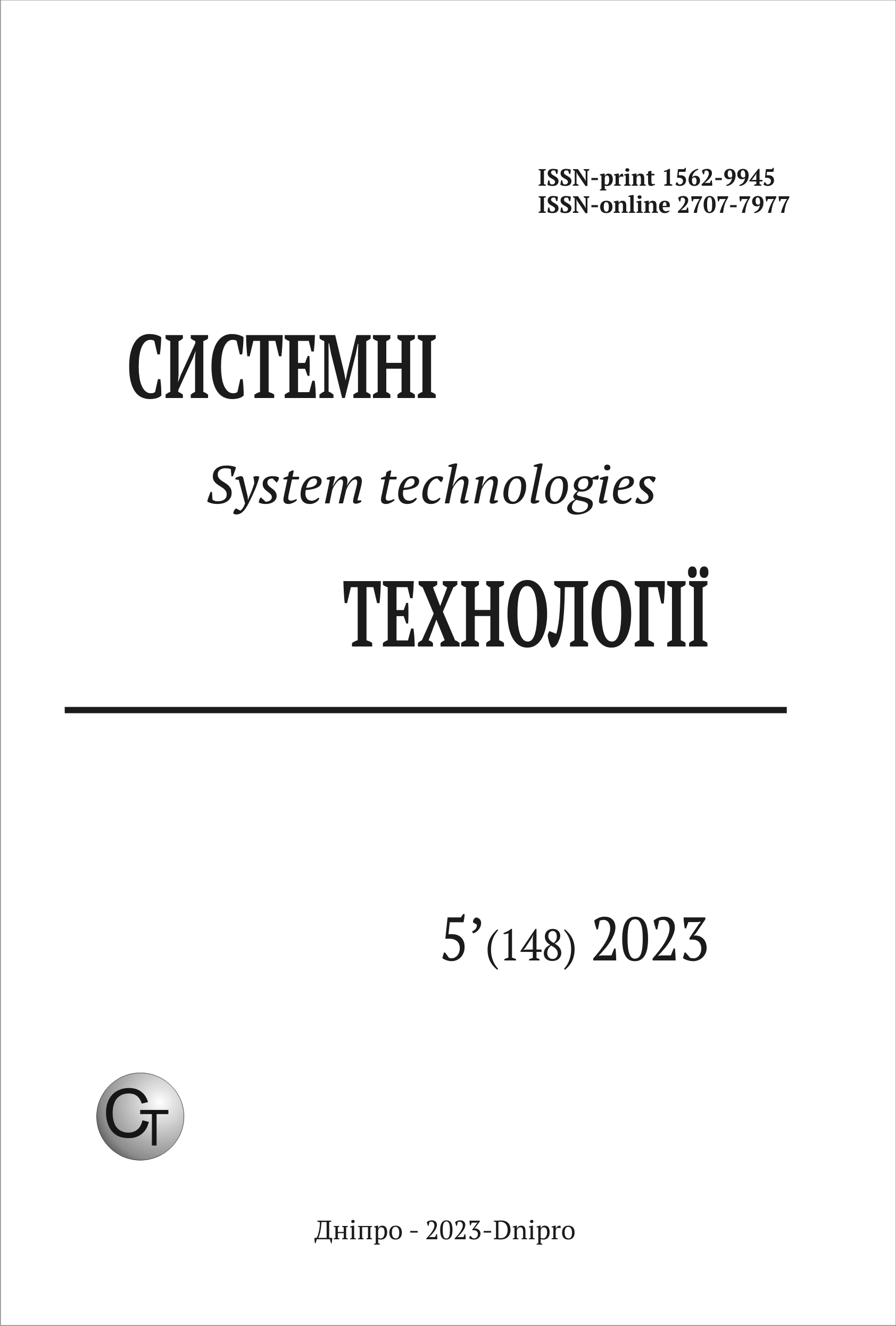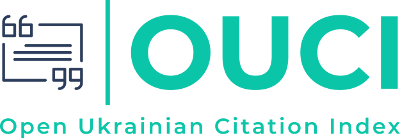ВИЗНАЧЕННЯ ЗДАТНОСТІ ШТУЧНОГО ІНТЕЛЕКТУ ДО ВСТАНОВЛЕННЯ АВТОРСТВА ХУДОЖНЬОГО УКРАЇНОМОВНОГО ТЕКСТУ ЗА ЗНАЧНИМИ ФРАГМЕНТАМИ
DOI:
https://doi.org/10.34185/1562-9945-5-148-2023-08Ключові слова:
визначення авторства, природомовний текст, штучний інтелект, генеративні мовні моделі, ChatGPT, бот Bing, Skype.Анотація
Штучний інтелект стає невід’ємною частиною побутового життя та професійної діяльності людини. Представлена робота має на меті дослідити ефективність визначення авторства художніх текстів за допомогою сучасних інструментів штучного інтелекту, а саме інтелектуальна пошукова система Bing. Для ек-сперименту було вибрано десять українських авторів з багатим доробком художніх творів, які відображають різні аспекти української культури та історії. Випадкові фрагменти довжиною до 500 слів були вибрані з різних творів цих авторів. Було проведено експеримент з визначення авторства 360 фрагментів. Використовуючи мову програмування Python та пакет skpy, було створено програмне забезпечення, яке надсилає запити та отримує відповіді від Bing бота, вбудованого в Microsoft Skype. В текстах відповідей перевірялася наявність імені автора фрази та відповідної назви твору. Встановлено, що довгі фрагменти дозволяють з високою точністю, але не завжди визначити автора художнього україномовного тексту.
Посилання
Chowdhery A. PaLM: Scaling Language Modeling with Pathways, Aakanksha Chowdhery, Sharan Narang, Jacob Devlin, Maarten Bosma, Gaurav Mishra, Adam Roberts.// https://doi.org/10.48550/arXiv.2204.02311 – 2022.
An unofficial Python library for interacting with the Skype HTTP API. [Electronic resource] – Access mode: https://pypi.org/project/SkPy/.
Bengio Y. «Neural net language models». Scholarpedia. Dr. Yoshua Bengio 3. doi:10.4249/scholarpedia.3881. – 2008 – P. 3881.
Perez E. True few-shot learning with language models. Advances in Neural Information Processing Systems, Ethan Perez, Douwe Kiela, and Kyunghyun Cho. –2021 – P. 34.
Google Bard: How to Use Google's AI Chatbot - How-To Geek. [Electronic re-source] – Access mode: https://www.howtogeek.com/880668/google-bard-how-to-use-googles-ai-chatbot/.
How Bing AI Search Uses Website Content - Search Engine Journal. [Electronic resource] – Access mode: https://www.searchenginejournal.com/how-bing-ai-search-uses-web-content/480643/.
Microsoft’s next-gen Bing uses a ‘much more powerful’ language model than ChatGPT [Electronic resource] – Access mode:
Reinventing search with a new AI-powered Microsoft Bing and Edge, your copilot for the web. [Electronic resource] – Access mode:
Ivanov O. P. Determining the Authorship of a Ukrainian-Language Literary Text by Means of Artificial Intelligence from Ultra-Short Excerpts O. P. Ivanov, V.I. Shynkarenko, V.V. Skalozub, A.A. Kosolapov. Science and Transport Progress № 2(102) – 2023 – P. 45-53.
Shynkarenko V.I. Methods and software for significant indicators determination of the natural language texts author profile V.I. Shynkarenko, I.M. Demydovych. // Prombles in programming/ 3 – 2023 – С. 22-29.
Shynkarenko V.I. A Dual Approach to Establishing the Authority of Technical Natural Language Texts and Their Components V. I. Shynkarenko, I. M. Demidovich, O. S. Kuropiatnyk // Science and Transport Progress № 2(102) – 2023 – С. 71-85.
Завантаження
Опубліковано
Номер
Розділ
Ліцензія
Авторське право (c) 2024 Системні технології

Ця робота ліцензується відповідно до ліцензії Creative Commons Attribution 4.0 International License.















